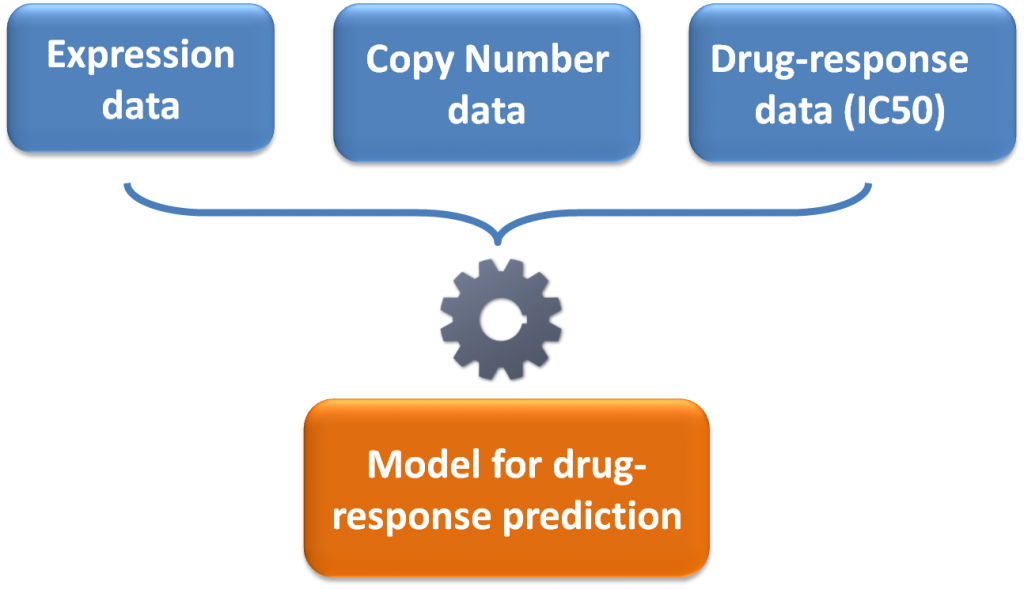
My name is Roma Kurilov, I study in Heidelberg at the Helmholtz International Graduate School for Cancer Research at the German Cancer Research Center (DKFZ). I have always been interested in molecular biology: since doing my bachelor's degree I have worked on various wet lab and computational projects in St. Petersburg and Heidelberg. In this article I will describe how my PhD research project takes advantage of Genestack's Genomics Operating System to try to make some pharmacogenomic predictions.
Recently I started my PhD project in Applied Bioinformatics group of DKFZ (German Cancer Research Center) led by Professor Benedikt Brors. The idea of our research lies in the field of pharmacogenomics: we are working on the prediction of drug-response in cancer patients, building a model based on the patient's personal genomic traits. This project is based on a large microarray dataset of cancer cell lines. Genestack supports microarray data, and as the first step I developed two new Genestack applications for analysing expression arrays and SNP arrays. The first one calculates normalized expression values for the given experiment and provides quality metrics informations using the arrayQualityMetrics Bioconductor package.
As a starting point we plan to use for our model training the data from two big public pharmacogenomics resources: Cancer Cell Line Encyclopedia and Genomics of Drug Sensitivity in Cancer. Hopefully, in the near future I'll report about first modelling results on the pages of this blog.
Let's keep in touch,
Roma Kurilov, MSc